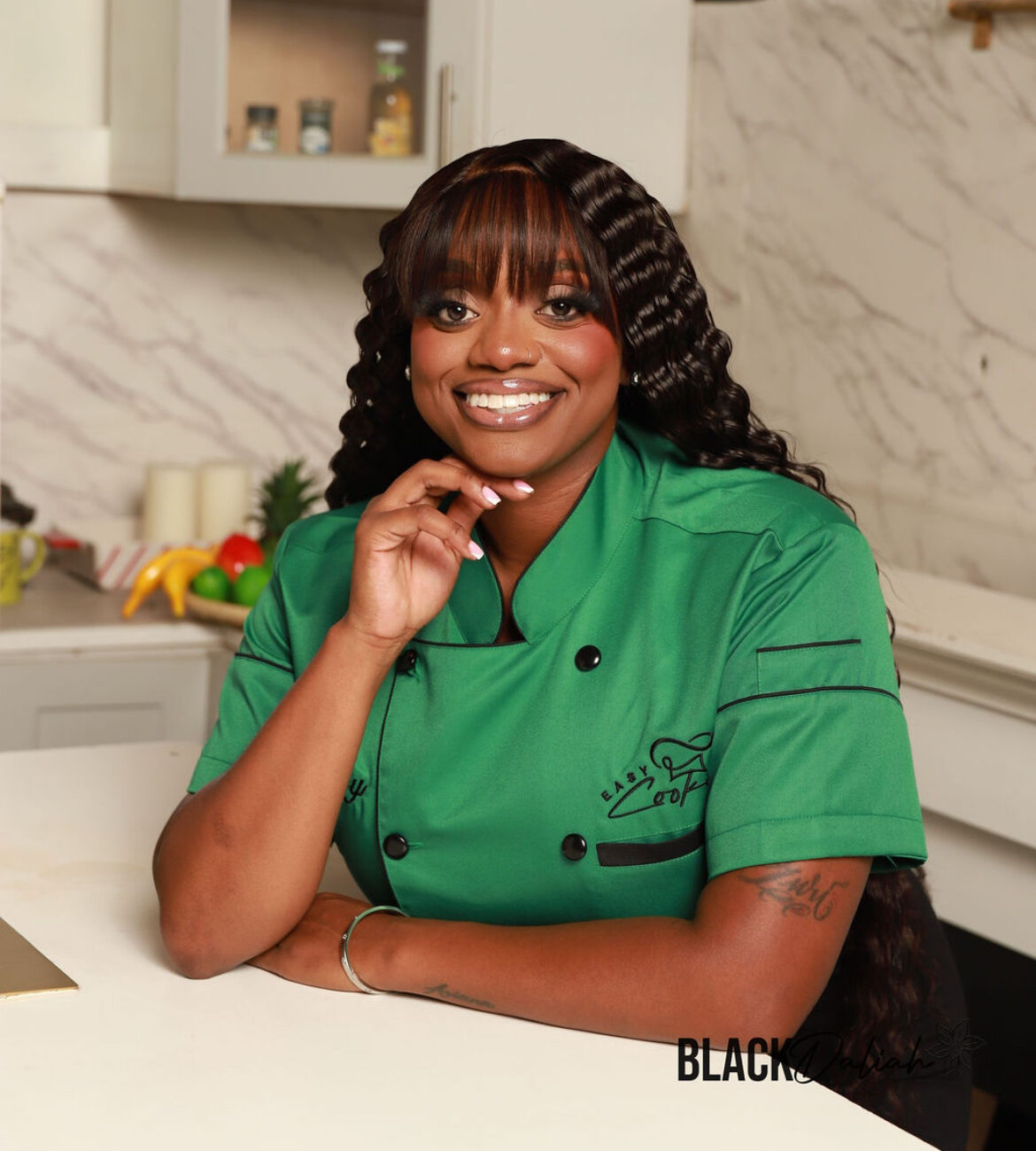
For 150 years, grandmas nationwide have proven one delicious truth: the best meals are prepared with a lot of love, and even more Pastene sauce.
Pastene company’s story is one of tradition, passion, and resilience. Founded by Italian immigrants Pietro and Luigi Pastene in 1894, the company started as a pushcart selling produce in the North End of Boston. Pietro Pastene saw the demand for olive oil from Italian immigrants and began importing it from Italy. From there, the business grew. Today, that legacy thrives under the leadership of Mark Tosi, fifth-generation member of the Pastene family and current CEO.
“We oversee everything,” Tosi explains. “We have an office in Montreal Canada as well as this one in Canton Massachusetts. This office takes care of the U.S., and that office takes care of Canada. We have similar products, but not all of them are the same.”

This growth is driven by a keen understanding of evolving culinary tastes. “The food industry changes all the time and we are always looking for the next trend,” Tosi says. “What’s coming out of Italy now is shaped by a growing appreciation for the Mediterranean diet. People are traveling more, experiencing authentic cuisines, and coming back with a better understanding of what true Italian food is. The demand for our products is high, they’re asking for it.” That’s how Pastene stayed ahead for 150 years according to Tosi.
Pastene’s journey hasn’t been limited to food. For decades, the company also had a wine business. But in 1991, Pastene sold the wine company to focus entirely on food, doubling down on their commitment to delivering high-quality ingredients to kitchens nationwide.
When it comes to fan favorites, Mark Tosi doesn’t hesitate. “Kitchen-ready tomato sauce,” he says. “It’s easier to open a can of kitchen-ready, add a little salt, maybe some garlic or onions, and you’ve got the perfect base for a meal.”
Pastene’s product line has evolved significantly, notes Tosi. “In the early 60s, we carried a lot of crazy things. We had hundreds of products — canned peas, fruit cocktails, pineapple — you name it. But as fresh produce became more accessible, we decided to focus exclusively on Italian and Mediterranean foods.”

Staying innovative means recognizing emerging trends and making them accessible to customers. “Look at pesto. It wasn’t that long ago that people didn’t know what it was. The same with balsamic vinegar, capers, or pine nuts. Today, they’re staples in most kitchens. We’ve been introducing these ingredients for decades, long before they became mainstream,” Tosi says.
Convenience also plays a key role in Pastene’s product development. “We used to sell whole jalapeños in a jar. Now they’re sliced. The same with Peperoncini. We innovate wherever we can, but the quality has to remain high,” Tosi emphasizes.
Packaging has also seen dramatic changes since the company’s founding. In the 1920s, Pastene operated out of a building in New York under the name Pasco — short for Pastene & Co. — and packaging reflected the styles of that era. Today, Pastene’s iconic labels and designs focus on transparency and quality, appealing to both long-time customers and younger generations discovering the brand for the first time.

Tosi believes that much of Pastene’s enduring appeal lies in the traditions it represents. “A lot of our customers come to us through family recipes that have been passed down for generations,” he says. “But younger people are cooking in groups now, sharing traditions from different cultures and backgrounds. When they’re introduced to high-quality ingredients, like our tomatoes, they can taste the difference, and that’s what keeps them coming back.”
As Pastene looks to the future, sustainability is a growing focus. “We’re working on using less plastic and more glass and aluminum for our packaging,” Tosi says. “We’ve been sourcing from the same packers for over 100 years in some cases, and the relationships we’ve built ensure we always deliver the highest-quality, all-natural ingredients.”
Unlike many companies, Pastene doesn’t deal with perishables, which helps ensure a consistent supply. “Our products typically have a shelf life of at least a year, often longer,” Tosi says. “And our customers can trust that they’ll never hear about recalls or quality issues from us. That reliability is a cornerstone of our brand.”
Throughout its long history, Pastene has weathered various economic storms, but Mark Tosi points out that they’ve never faced a major downturn. “We’ve had a few World Wars and the Great Depression, but we’ve always found ways to adapt…For example, our kitchen-ready sauce is produced in California. While we still source tomatoes from Italy —like our famous San Marzano — we also use California tomatoes when necessary. It’s about ensuring the best product.” Pastene products are primarily made in Italy, Spain and Peru.

As consumer diets have shifted over the years, Pastene has adapted to offer gluten-free and organic options. “We had to react to the growing demand for gluten-free products,” Tosi says. “Celiac disease is real, but there are also many people who choose gluten-free products even if they’re not diagnosed. We spent two and a half years developing a gluten-free pasta that truly captures the right flavor and mouthfeel.”
Philanthropy is also at the heart of Pastene’s mission. “We try to work with the community whenever we can,” says Tosi. “We donate food and support causes close to our hearts.” One of the company’s most notable contributions is its involvement in the San Gennaro Feast in the North End of Boston. “It’s a huge event, three days long, and we support it for two reasons: one, it’s all about restaurants, and two, it raises funds for the Autism Foundation.”
For Tosi, the event is an opportunity to engage with Pastene’s diverse customer base. “It’s fascinating to hear from people of all ages: Italian-Americans who’ve known Pastene for decades and younger generations who’ve traveled or discovered our products. It’s a reminder of how far we’ve come, and how many people love and trust our brand.”

When asked about the future of Pastene, Tosi’s vision is clear. “We’re currently in 7,500 stores, and I’d love to double that in the next few years. We’re focused on expanding and growing the brand, while staying true to our roots.”
For 150 years, Pastene has remained a trusted name in kitchens across North America, consistently providing high-quality ingredients that bring people together. As the brand leader, Mark Tosi is focused on continuing the company’s tradition from generation to generation. With a dedication to quality, sustainability, and community, Pastene’s next 150 years are sure to be just as flavorful as its past.
NEXT ON THE DISH








